
Naguru: The Heartbeat of Kampala's Modernity and Culture
Nestled in the northeastern part of Kampala, Naguru is a vibrant neighborhood that beautifully blends contemporary urban living with rich cultural heritage. Known for its upscale residential areas, Naguru is home to a diverse community that enjoys the tranquility of its leafy streets and the convenience of its modern amenities. This neighborhood offers a unique glimpse into the dynamic lifestyle of Kampala's affluent and middle-class residents. Naguru's strategic location makes it an ideal base for exploring the city. The area is dotted with stylish cafes, high-end restaurants, and luxurious hotels that cater to both locals and tourists. Visitors can indulge in a variety of international cuisines and enjoy the lively nightlife that Naguru has to offer. The neighborhood is also known for its green spaces, including the popular Naguru Hill, which provides breathtaking panoramic views of the city. For those interested in arts and culture, Naguru does not disappoint. The neighborhood is home to several art galleries and cultural centers that showcase the vibrant artistic scene of Kampala. Additionally, the close-knit community often hosts local events and markets where visitors can experience Ugandan traditions and crafts first-hand. Whether you're looking to relax in a serene environment or immerse yourself in the local culture, Naguru offers a little something for everyone.
Local tips in Naguru
- Visit Naguru Hill for stunning panoramic views of Kampala. The best time is early morning or late afternoon for clear skies and peaceful surroundings.
- Explore the local art galleries and cultural centers to gain insights into Kampala's vibrant art scene. These venues often have rotating exhibits and events.
- Dine at one of the high-end restaurants in the area to experience a variety of international and local cuisines. Reservations are recommended for dinner.
- Take a leisurely stroll around the neighborhood to appreciate its green spaces and well-maintained streets. It's a great way to experience the local atmosphere.
Naguru: The Heartbeat of Kampala's Modernity and Culture
Nestled in the northeastern part of Kampala, Naguru is a vibrant neighborhood that beautifully blends contemporary urban living with rich cultural heritage. Known for its upscale residential areas, Naguru is home to a diverse community that enjoys the tranquility of its leafy streets and the convenience of its modern amenities. This neighborhood offers a unique glimpse into the dynamic lifestyle of Kampala's affluent and middle-class residents. Naguru's strategic location makes it an ideal base for exploring the city. The area is dotted with stylish cafes, high-end restaurants, and luxurious hotels that cater to both locals and tourists. Visitors can indulge in a variety of international cuisines and enjoy the lively nightlife that Naguru has to offer. The neighborhood is also known for its green spaces, including the popular Naguru Hill, which provides breathtaking panoramic views of the city. For those interested in arts and culture, Naguru does not disappoint. The neighborhood is home to several art galleries and cultural centers that showcase the vibrant artistic scene of Kampala. Additionally, the close-knit community often hosts local events and markets where visitors can experience Ugandan traditions and crafts first-hand. Whether you're looking to relax in a serene environment or immerse yourself in the local culture, Naguru offers a little something for everyone.
Iconic landmarks you can’t miss
Centenary Park Kampala
Explore the lush landscapes and serene ambiance of Centenary Park, a beautiful urban oasis in the heart of Kampala, ideal for relaxation and recreation.
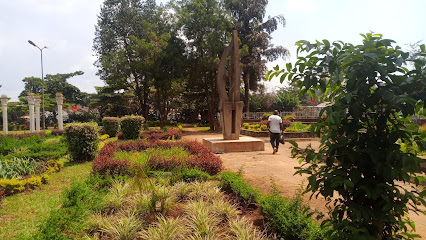
Hilltop Naguru
Experience the perfect blend of scenic views and delicious BBQ cuisine at Hilltop Naguru, a must-visit culinary venue in Kampala.
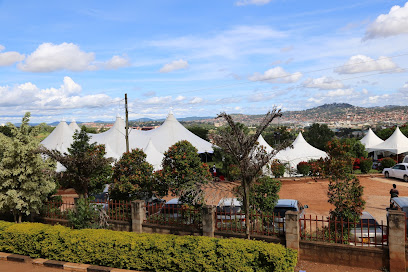
Kembabazi's Eating Place
Experience authentic Ugandan cuisine at Kembabazi's Eating Place, a favorite spot for locals and tourists in the heart of Kampala.
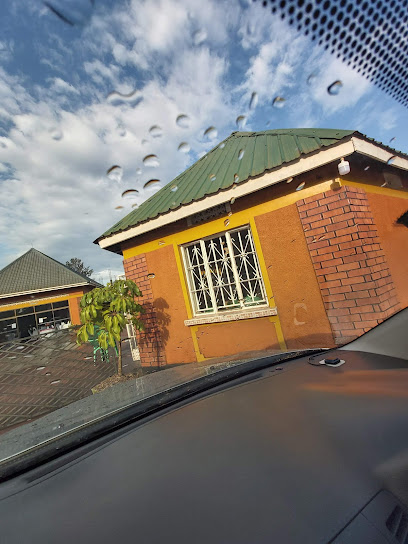
Independence Monument
Discover the Independence Monument in Kampala, an iconic tribute to Uganda's journey to freedom and a must-visit landmark for every traveler.
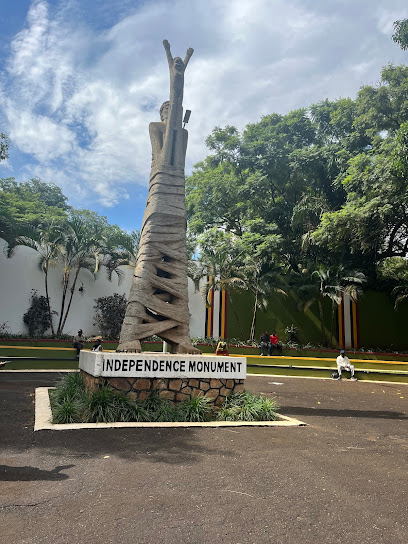
Victoria International Garden Apartments
Discover the perfect blend of comfort and tranquility at Victoria International Garden Apartments in the heart of Kampala, Uganda.
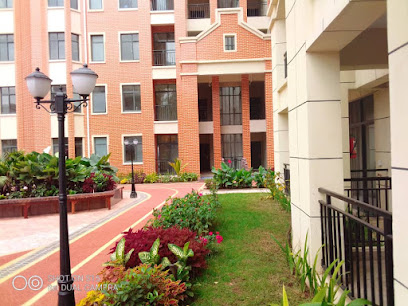
Fort Lugard
Explore Fort Lugard in Kampala, a historic fortress that unveils Uganda's colonial history amidst breathtaking landscapes.
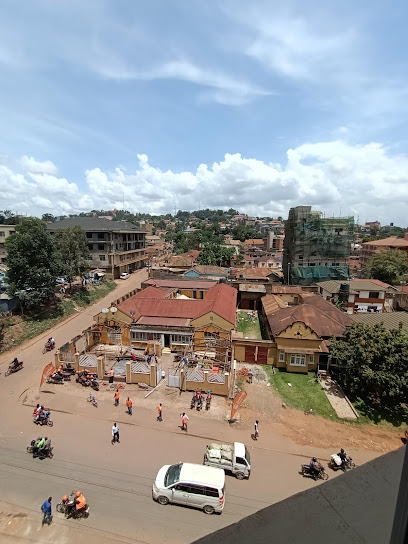
Naguru ViewPointe Apartments
Discover comfort and convenience at Naguru ViewPointe Apartments in Kampala, the perfect base for your Ugandan adventure.

Nabankema Hill
Discover the tranquil beauty of Nabankema Hill, a scenic overlook in Kampala offering stunning views and a peaceful escape from the city life.
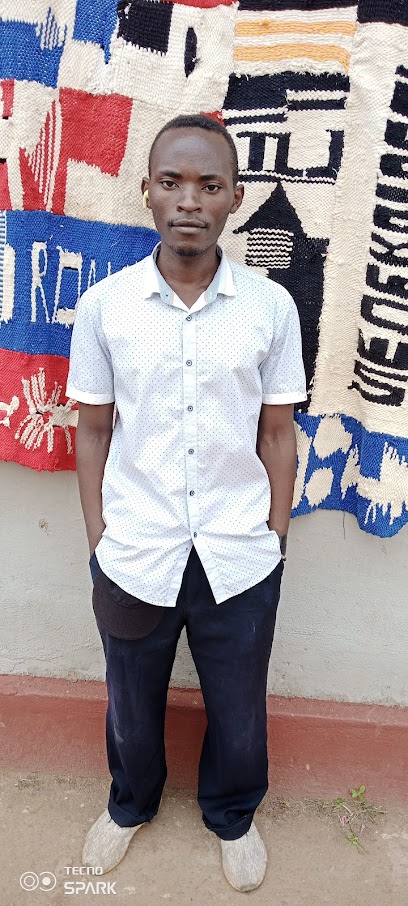
Kabaka Mutesa Round about
Discover the cultural heartbeat of Kampala at the historic Kabaka Mutesa Roundabout, where tradition meets modern city life.
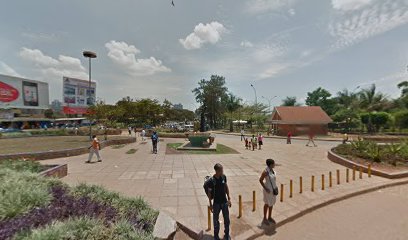
Naguru
Explore Naguru, a serene neighborhood in Kampala known for its scenic views, vibrant community, and a peaceful escape from city life.
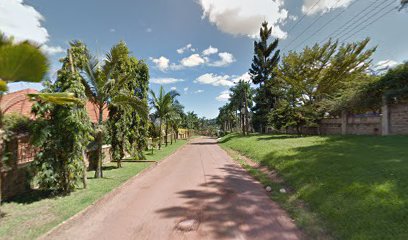
Unmissable attractions to see
Fort Lugard
Discover the historical allure of Fort Lugard, a key tourist attraction in Kampala offering panoramic views and a glimpse into Uganda's colonial past.
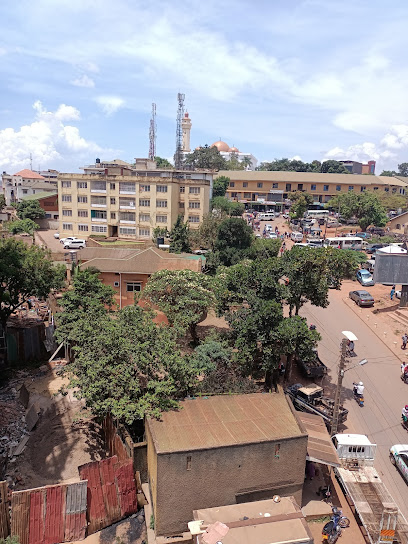
Kailor
Experience the tranquility of Kailor, a serene tourist attraction in Kampala, surrounded by lush greenery and vibrant local culture.
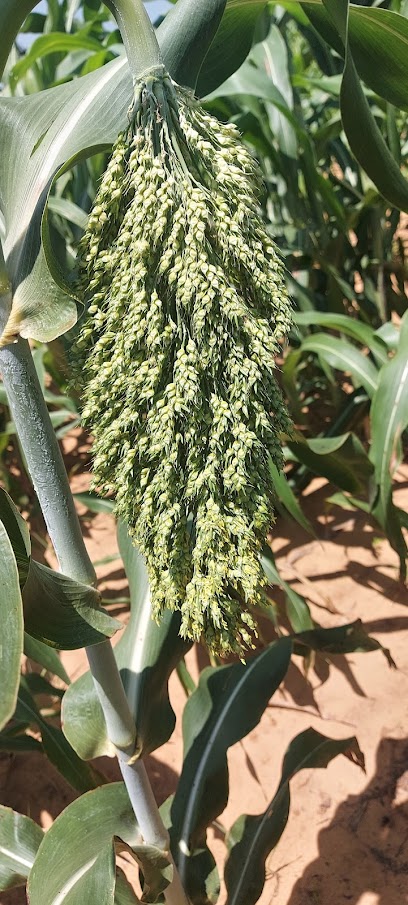
HOPE TOURS AND TRAVELS UGANDA
Explore Uganda's breathtaking landscapes and vibrant culture with Hope Tours and Travels – your gateway to unforgettable adventures in East Africa.
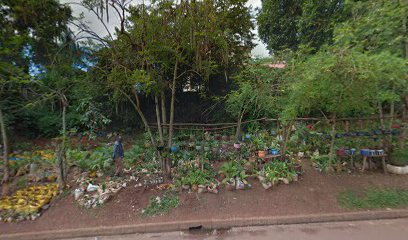
Great Lakes Wonders
Discover the enchanting wildlife and serene landscapes at Great Lakes Wonders, Uganda's captivating safari park experience in Kampala.
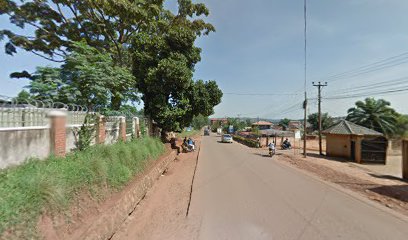
Ecological Uganda Safaris
Experience Africa's incredible wildlife at Ecological Uganda Safaris, where adventure meets ecological conservation for an unforgettable journey.
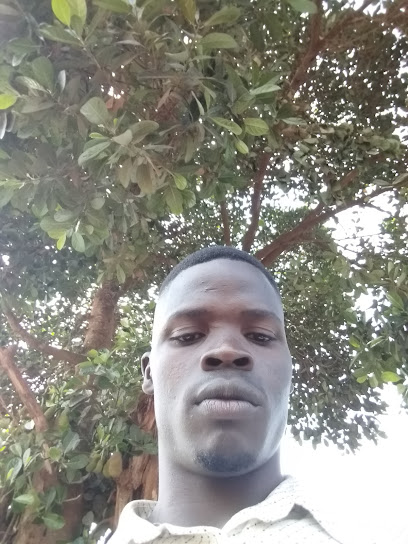
Essential places to dine
Olives Restaurant & Bar
Experience the best of Ugandan cuisine at Olives Restaurant & Bar in Kampala - where every dish tells a story.
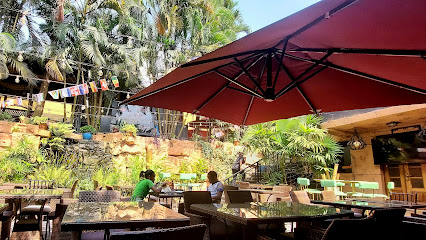
Kembabazi's Eating Place
Discover authentic Ugandan cuisine at Kembabazi's Eating Place in Kampala – where every meal is a flavorful journey.
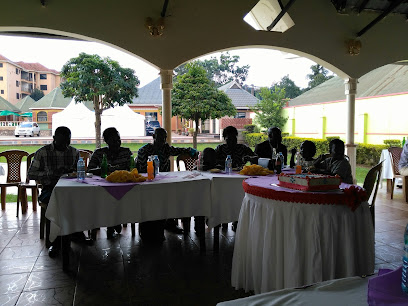
Linove Restaurant
Experience authentic Italian cuisine at Linove Restaurant in Kampala—where every meal is a celebration of flavors and warmth.
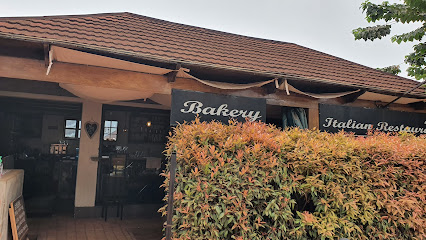
Ruby's Restaurant and Cafe
Discover the flavors of Uganda at Ruby's Restaurant and Cafe in Kampala - a perfect blend of local cuisine and inviting atmosphere.
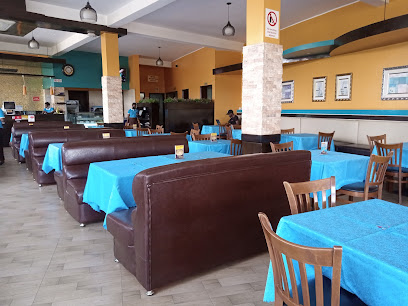
Haandi Restaurant Naguru Branch
Experience authentic Indian cuisine at Haandi Restaurant Naguru Branch - where every meal tells a flavorful story.
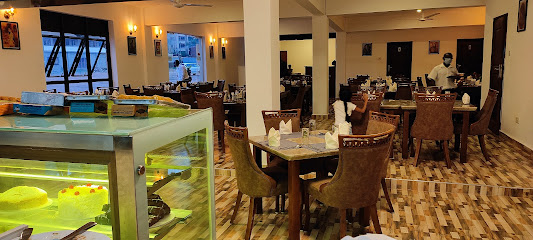
Sign Cuisine Restaurant & Bar
Discover authentic Ugandan flavors blended with international cuisine at Sign Cuisine Restaurant & Bar in Kampala.
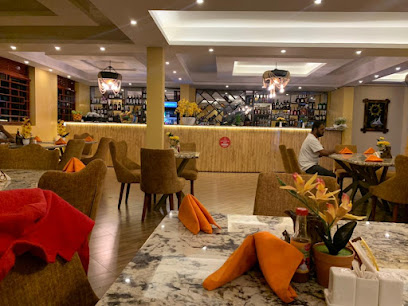
GJ BAR & RESTAURANT
Experience delightful vegetarian cuisine at GJ Bar & Restaurant in Kampala, where fresh ingredients meet vibrant flavors.
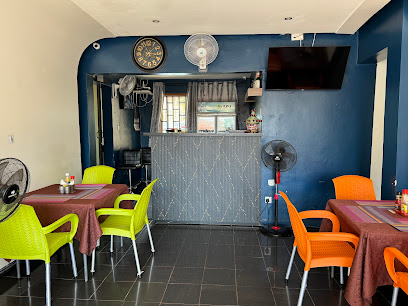
Dastarkhwan Restaurant
Experience authentic Ugandan and international cuisine at Dastarkhwan Restaurant in Kampala - a culinary haven for food lovers.
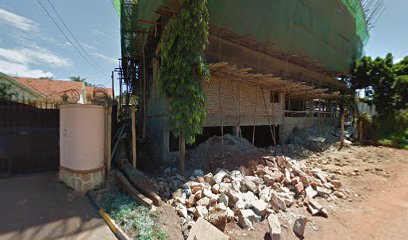
Atlantis Restaurant Naguru
Discover exquisite flavors at Atlantis Restaurant Naguru, where local Ugandan cuisine meets international delights in Kampala's vibrant Nakawa district.
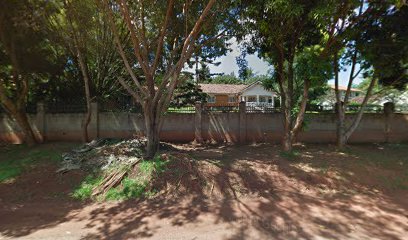
Urban Eatery Uganda
Discover authentic Indian cuisine at Urban Eatery Uganda in Nakawa, where rich flavors meet vibrant culture for an unforgettable dining experience.
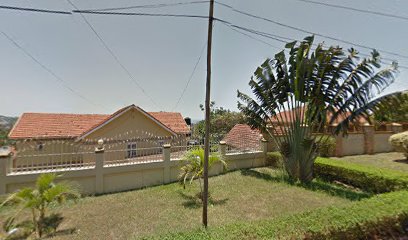
Markets, malls and hidden boutiques
U and ME Boutique
Explore unique Ugandan fashion at U and ME Boutique in Kampala, where style meets local culture in a vibrant shopping experience.
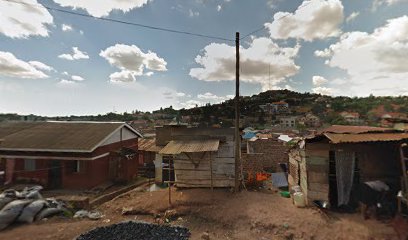
Dolphin Crafts Ltd
Explore the vibrant world of Ugandan fashion at Dolphin Crafts Ltd, where handcrafted garments embody the essence of local culture.
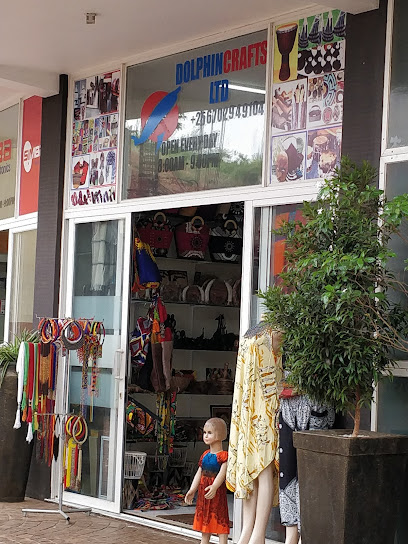
Nilla's collection
Explore Nilla's Collection in Nakawa, Kampala for unique clothing that blends contemporary style with traditional Ugandan influences.
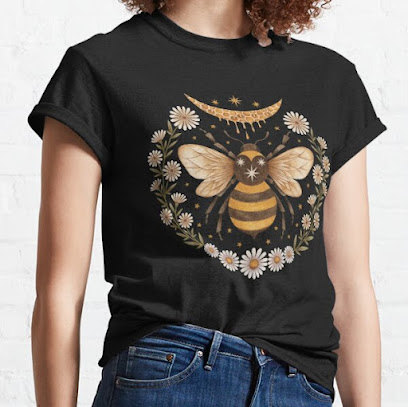
The Robe Romance Uganda
Discover unique fashion at The Robe Romance Uganda, a vibrant clothing store in Kampala showcasing local styles and contemporary trends.
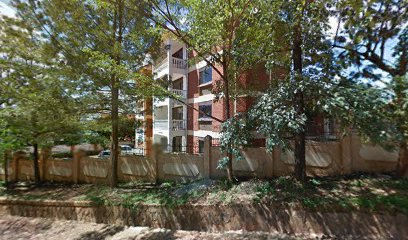
Art Vicinity Boutique
Explore the vibrant fashion scene at Art Vicinity Boutique in Kampala, showcasing unique men's clothing and supporting local designers.
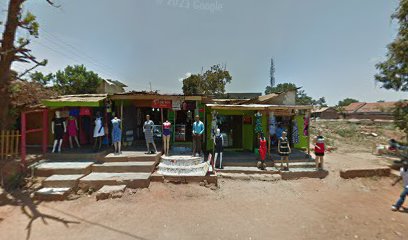
Kwesiga Wholesale Shop
Experience the heart of Uganda at Kwesiga Wholesale Shop, a boutique treasure in Kampala offering unique local crafts and fashion.
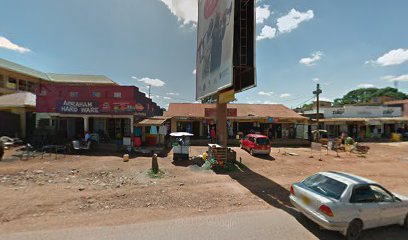
Ted Tag UK Clothing Store
Shop the latest trends in fashion at Ted Tag UK Clothing Store, your go-to destination for stylish clothing in Kampala.
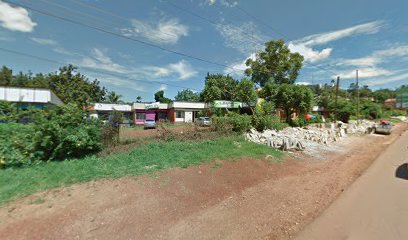
Hayinze online shopping
Explore the vibrant world of local crafts and unique products at Hayinze Online Shopping in Kampala, a must-visit for every traveler.
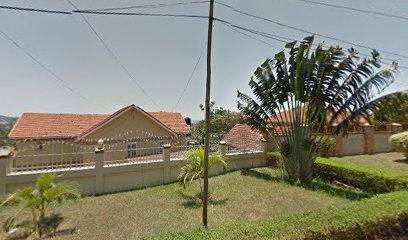
Jjcollections
Experience the vibrant fashion scene at Jjcollections, Kampala's trendy clothing store featuring unique styles for every taste.
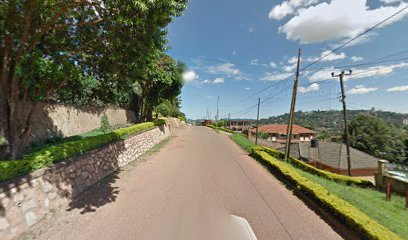
Caz Boutique
Explore the essence of Ugandan culture at Caz Boutique in Kampala, offering unique crafts and local treasures in a vibrant shopping environment.
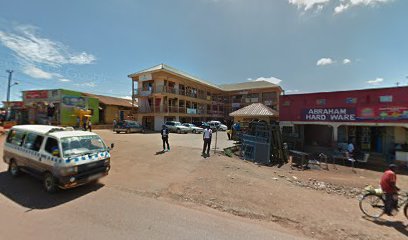
Essential bars & hidden hideouts
Cayenne
Discover a vibrant dining experience at Cayenne, Kampala's premier bar and restaurant offering a delightful mix of local and international cuisines.
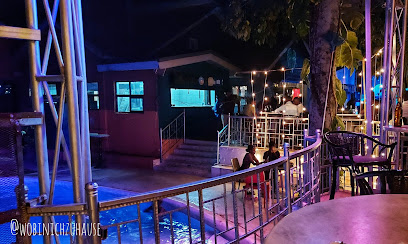
Olives Restaurant & Bar
Discover the culinary delights of Olives Restaurant & Bar in Kampala, where local flavors meet international cuisine in a vibrant atmosphere.
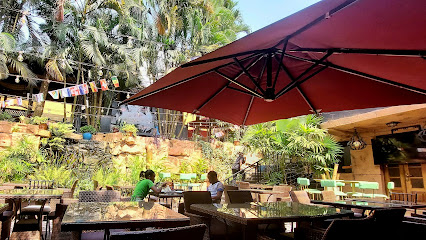
Mask lounge
Discover the vibrant ambiance and diverse menu of Mask Lounge in Kampala, where relaxation meets entertainment in a stylish setting.
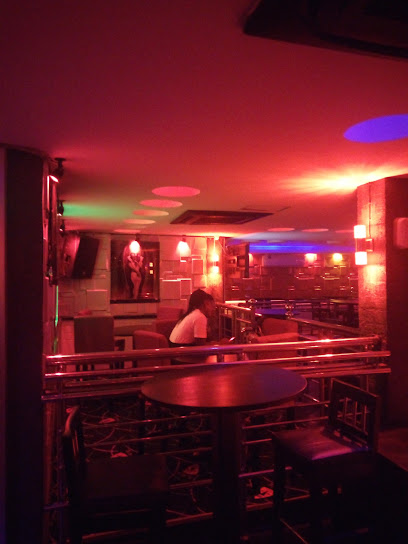
Avocado bar & Lounge
Experience the vibrant culinary scene of Kampala at Avocado Bar & Lounge, where fresh flavors and a lively atmosphere meet.
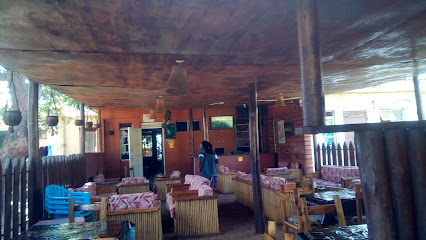
Kibo Lounge
Experience the vibrant flavors of Kampala at Kibo Lounge, where every meal is a celebration of taste and atmosphere.
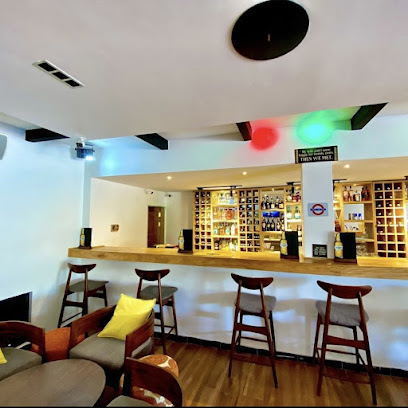
Reverie lounge & Bar
Experience the vibrant flavors of Kampala at Reverie Lounge & Bar, where culinary excellence meets lively nightlife.
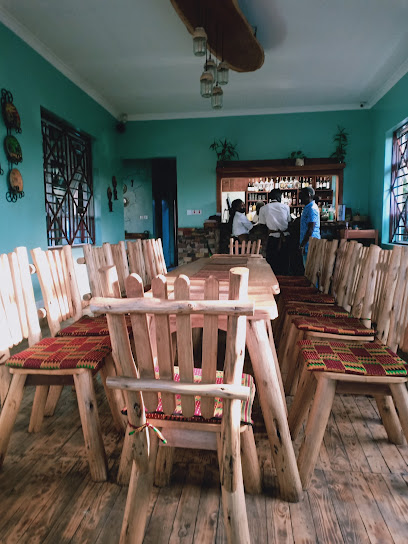
Bungalow7 Restaurant Bar Lounge(树屋酒馆)
Discover the flavors of Uganda at Bungalow7 Restaurant Bar Lounge, where every meal is a celebration of grilled perfection amidst a lively atmosphere.
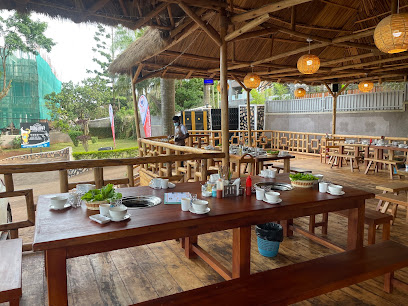
Jikoni Bar And Grill
Discover the lively ambiance and diverse menu at Jikoni Bar And Grill, a top spot for food and nightlife in Kampala, Uganda.
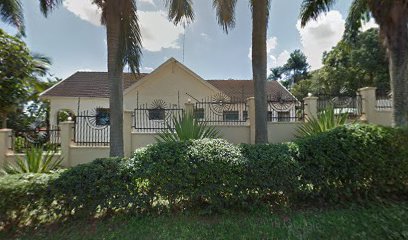
Hilltop Naguru
Discover the breathtaking views and vibrant atmosphere of Hilltop Naguru, Kampala's premier bar for relaxation and socializing.
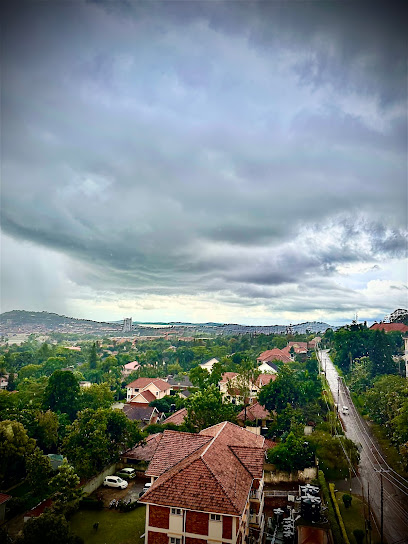
Machame
Discover the lively ambiance and diverse drink selection at Machame, the perfect bar for tourists in Kampala.
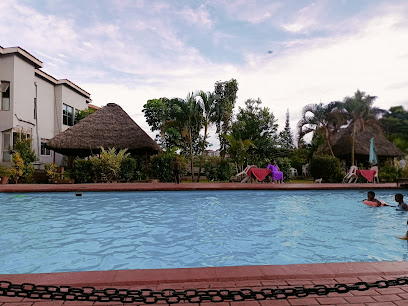
Tropical bar
Discover Tropical Bar in Kampala, a vibrant oasis offering delectable drinks and a lively atmosphere for an unforgettable experience.
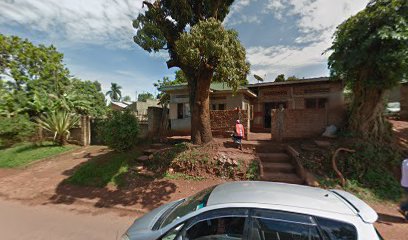
Pakaka Bar & Guest House
Discover the vibrant nightlife of Kampala at Pakaka Bar & Guest House, where local drinks and friendly vibes await you.
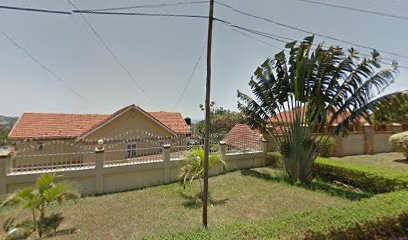
Contactell Bar And Restaurant
Experience authentic Ugandan grilled cuisine in the heart of Kampala at Contactell Bar And Restaurant, where flavor and hospitality meet.
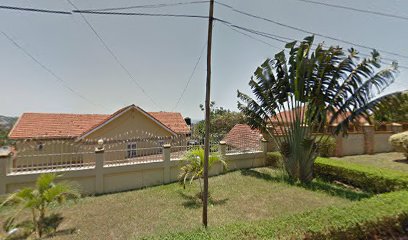
Local Phrases
-
- HelloOli otya?
[oh-lee oh-cha] - GoodbyeWeeraba
[weh-rah-bah] - YesEego
[ee-go] - NoNedda
[neh-dah] - Please/You're welcomeMwebale
[mweh-bah-lay] - Thank youWebale munonga
[weh-bah-lay moo-nohn-gah] - Excuse me/SorryOsiibye otya?
[oh-see-bee-yeh oh-cha] - How are you?Oli otya?
[oh-lee oh-cha] - Fine. And you?Gyendi. Naawe?
[jen-dee. nah-weh] - Do you speak English?Omanyi Olungereza?
[oh-mahn-yee oh-loon-geh-reh-zah] - I don't understandSiri mabega
[see-ree mah-beh-gah]
- HelloOli otya?
-
- I'd like to see the menu, pleaseNkubire kubona menu, mwebale
[en-koo-bee-reh koo-boh-nah meh-noo, mweh-bah-lay] - I don't eat meatSiri marya
[see-ree mah-ree-yah] - Cheers!Tuddeyo!
[too-deh-yoh] - I would like to pay, pleaseNkubire okutwala, mwebale
[en-koo-bee-reh oh-koo-twah-lah, mweh-bah-lay]
- I'd like to see the menu, pleaseNkubire kubona menu, mwebale
-
- Help!Tusasula!
[too-sah-soo-lah] - Go away!Genda wansi!
[gehn-dah wahn-see] - Call the Police!Tuyige Poliisi!
[too-yee-geh poh-lee-see] - Call a doctor!Tuyige daktari!
[too-yee-geh dahk-tah-ree] - I'm lostNkooye
[en-koh-yeh] - I'm illNkojja
[en-koh-jah]
- Help!Tusasula!
-
- I'd like to buy...Nkubire okuna...
[en-koo-bee-reh oh-koo-nah] - I'm just lookingNkulaba
[en-koo-lah-bah] - How much is it?Kiwani?
[kee-wah-nee] - That's too expensiveKisoboka
[kee-soh-boh-kah] - Can you lower the price?Ogenda kugaba kiwani?
[oh-gehn-dah koo-gah-bah kee-wah-nee]
- I'd like to buy...Nkubire okuna...
-
- What time is it?Esimu gye?
[eh-see-moo jye] - It's one o'clockSawa
[sah-wah] - Half past (10)Nakukuba...
[nah-koo-koo-bah] - MorningEsimye
[eh-see-mye] - AfternoonEkiro
[eh-kee-roh] - EveningEkyo
[eh-kyoh] - YesterdayEno
[eh-noh] - TodayLero
[leh-roh] - TomorrowEmyaka
[eh-myah-kah] - 1Mokka
[moh-kah] - 2Biri
[bee-ree] - 3Ssatu
[sah-too] - 4Anya
[ah-nyah] - 5Tano
[tah-noh] - 6Mukaaga
[moo-kah-gah] - 7Munaana
[moo-nah-nah] - 8Mwenda
[mwehn-dah] - 9Mwenda mukaaga
[mwehn-dah moo-kah-gah] - 10Mwenda munaana
[mwehn-dah moo-nah-nah]
- What time is it?Esimu gye?
-
- Where's a/the...?Yagala...
[yah-gah-lah] - What's the address?Waliyo ekyalo?
[wah-lee-yoh eh-kyah-loh] - Can you show me (on the map)?Ogenda kundaba (mu mapu)?
[oh-gehn-dah koon-dah-bah (moo mah-poo)] - When's the next (bus)?Genda kuba wamu (omu busu)?
[gehn-dah koo-bah wah-moo (oh-moo boo-soo)] - A ticket (to ....)Tikiti (kutu ....)
[tee-kee-tee (koo-too ....)]
- Where's a/the...?Yagala...
History of Naguru
-
Naguru's history is intertwined with the broader development of Kampala, which began in the 19th century. Originally part of a larger area populated by the Buganda Kingdom, Naguru served as a residential area for the kingdom's elite. The neighborhood's name is believed to be derived from the Luganda word ‘nagu’, meaning ‘a place of many trees’, reflecting the lush vegetation that characterized the area.
-
During the British colonial period in the early 20th century, Naguru began to develop into a more structured residential area. The British established administrative and residential buildings, leading to the growth of infrastructure. The area became known for its spacious plots and was favored by expatriates and colonial officials, setting the stage for its evolution into a suburban neighborhood.
-
After Uganda gained independence in 1962, Naguru continued to grow, reflecting the country's socio-political changes. The neighborhood became home to many government officials, expatriates, and professionals. The establishment of various schools, hospitals, and recreational facilities contributed to its status as a desirable residential area within Kampala.
-
In the late 20th century and into the 21st century, Naguru experienced significant urbanization and development. High-rise apartments and commercial buildings emerged, catering to the growing population and economic activity in Kampala. The neighborhood has become a hub for both local and expatriate communities, showcasing a blend of traditional Ugandan culture and modern urban living.
-
Naguru is known for its cultural diversity, hosting various ethnic communities that contribute to Kampala's rich tapestry. The area is home to cultural centers, markets, and places of worship that reflect the traditions and practices of its residents. Events and festivals celebrating Ugandan culture are frequently held, fostering a sense of community and belonging among its inhabitants.
Naguru Essentials
-
Naguru is easily accessible from other neighborhoods in Kampala. From the city center, you can take a taxi or a boda-boda (motorcycle taxi) directly to Naguru, which usually takes around 15-30 minutes depending on traffic. For those coming from Entebbe International Airport, taxis are available, and the journey to Naguru typically takes about 40 minutes to an hour.
-
Naguru is primarily a residential area, and many attractions are within walking distance. However, for longer distances, using bodabodas or taxis is common. Public transport options, such as shared taxis (matatus), operate along major roads, providing connections to other parts of Kampala. Cycling is also an option, but be cautious of traffic.
-
Naguru is generally safe for tourists, but caution is advised, particularly in the evenings. Areas around Naguru Hill are considered safer, while parts of the outskirts may have higher crime rates. Always avoid walking alone at night and be mindful of your belongings in crowded places. It’s advisable to stay in well-lit areas and avoid displaying valuables.
-
In case of emergency, dial 112 for police assistance or 999 for ambulance services. Familiarize yourself with the nearest hospitals, such as the Kampala International Hospital. It’s recommended to have travel insurance that covers emergencies, and having a local contact can assist in case of unexpected situations.
-
Fashion: Do dress modestly, especially in public spaces. Avoid overly revealing clothing. Religion: Do respect local customs, particularly when visiting places of worship. Public Transport: Do be courteous and offer your seat to the elderly. Don't engage in loud conversations on public transport. Greetings: Do greet locals with a handshake and a smile. Eating & Drinking: Do try local foods and drinks, and accept hospitality graciously. Don't waste food or drink in front of others, as it may be seen as disrespectful.
-
To experience Naguru like a local, visit the nearby markets and engage with the vendors to learn about local produce and crafts. Explore the green spaces, like Naguru Hill Park, for relaxation and views of the city. Consider joining community events or volunteering, as locals appreciate when visitors take an interest in their culture.
Nearby Cities to Naguru
-
Things To Do in Entebbe
-
Things To Do in Jinja
-
Things To Do in Masaka
-
Things To Do in Mbale
-
Things To Do in Bukoba
-
Things To Do in Lira
-
Things To Do in Mbarara
-
Things To Do in Kisumu
-
Things To Do in Fort Portal
-
Things To Do in Gulu
-
Things To Do in Kitale
-
Things To Do in Eldoret
-
Things To Do in Nyagatare
-
Things To Do in Mwanza
-
Things To Do in Arua




